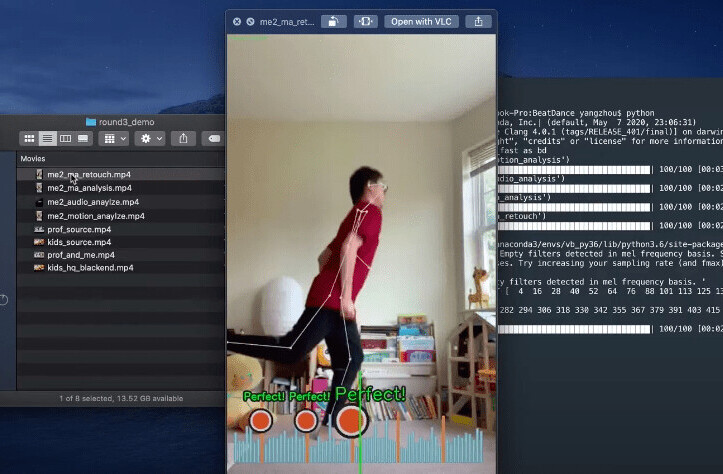
Today is Kings of Code day. Hundreds of coders have traveled to Amsterdam to see speakers like Peter-Paul Koch (Quirksmode.org), Mark Birbeck (W3C), Nate Abele (CakePHP), John Resig (Mozilla) and Nate Koechley (Yahoo). Yesterday night, co-editor Boris organized one of his infamous pre-conference Speakers Dinners. While I was enjoying the excellent food, I got to chance to talk with Mark Birbeck about the focus of web companies.
I complained about the focus on minor details, and start-ups who just try fix a really small problem. To me, it seems like these people overestimate their own business and have developed a tunnel vision. Therefore, they don’t see the big picture anymore. Mark agreed, but also warned me it can work the other way around.
“When developing a service, don’t go too far ahead”, Birbeck said, “People still have to understand what you’re working on”. As the Managing Director of webBackPlane he has been developing a framework to allow desktop applications to be created with web technologies – such as XForms – for four years now, and promoted it too early. “People just didn’t understand what it was about yet”. About two years ago, Birbeck – with the help of Michael Arrington – almost sold the company to Adobe. Yes.., Adobe, the same company that now has AIR as their claim to fame. “It’s basically the same thing as our product and now people are speaking about the end of the browser. We had it four years ago.”
Not that Birbeck minds though: “Software like AIR helps people understand the general idea”. He and his team are already improving the framework for the next big thing: a desktop framework that uses data from the semantic web. For example, when you save a location in a personal library, Birbeck’s tool will pinpoints this location on every Google map you’ll open. Birbeck: “So next time when I book a hotel in Amsterdam, I can tell when it’s close to a previous location I’ve visited, like this house”.
Get the TNW newsletter
Get the most important tech news in your inbox each week.





